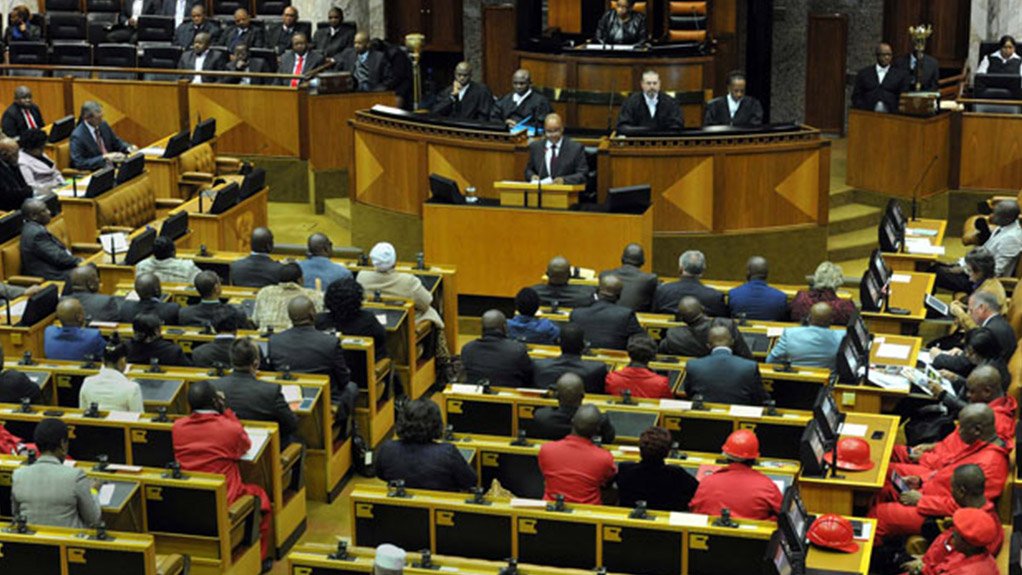Submitting and objecting to motions without notice in Parliament is not going to be a walk in the park, if the sub-committee on rules had its way.
Motions without notice in Parliament have been a bone of contention between political parties since August, with Economic Freedom Fighters (EFF) shooting down most of them in the National Assembly in protest of the introduction of the new rules of the house. This included the physical removal of MPs if they have been asked by the speaker to leave, and refused to do so.
Rules sub-committee chairperson Richard Mdakane said the new guidelines would include motions without notice being submitted to Speaker Baleka Mbete’s office for approval before it could be read in the National Assembly.
Mdakane said a motion would only fall away if five parties objected to it. Under the current rule, a motion falls away if one party objected to it.
“So now, the governing party, official opposition and three other parties have to object to it. It has become about grandstanding lately, so with these guidelines we think everyone will accept it.”
Motions without notice are Parliament's way of allowing expressing condolences, praising and recognising achievements in sports and other areas, without being political about it.
Speaking at a committee meeting in Parliament on Monday, Mdakane said they were trying to separate political grandstanding from serious issues.
Referring to the death of Democratic Alliance MP Kenneth Mubu in August, Mdakane said: “For us as Members of Parliament to stand up and object to motions of condolences, to our own colleagues in Parliament, is unheard of.”
The guidelines will be presented to the full rules committee, before they can be passed in the National Assembly.
EFF MP Sam Matiase said they were against the new guidelines and wanted the rules to remain the same.
EMAIL THIS ARTICLE SAVE THIS ARTICLE
To subscribe email subscriptions@creamermedia.co.za or click here
To advertise email advertising@creamermedia.co.za or click here











